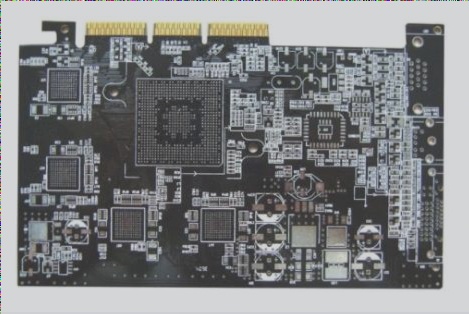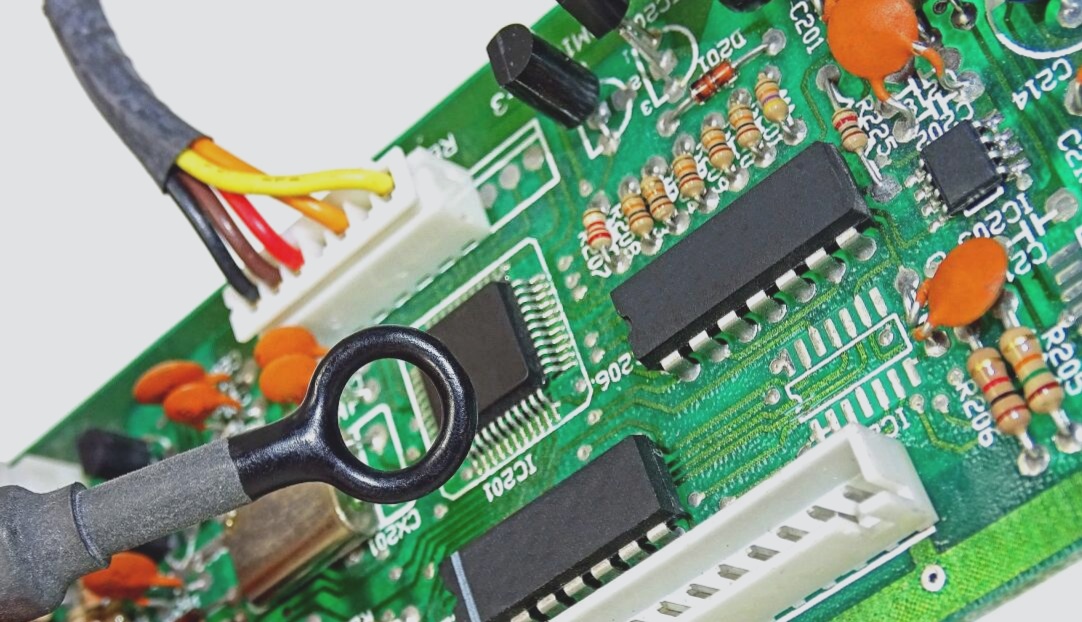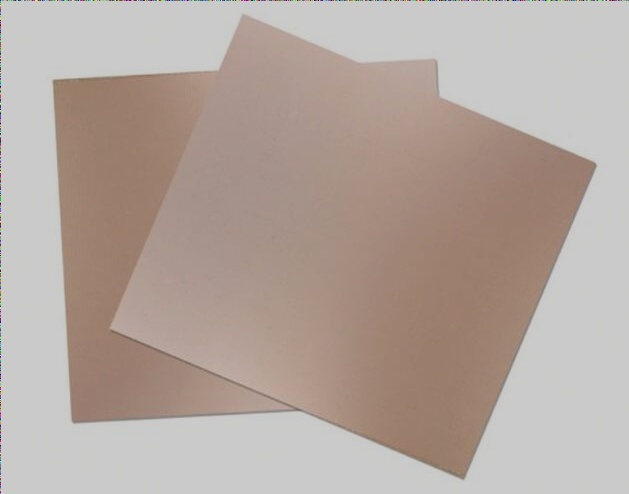FAQs About PCB Manufacturing
-
Does Copper Foil Thickness Affect LED Service Life?
The thickness of copper foil impacts thermal conductivity of the aluminum substrate, influencing LED service life.
-
Why Are Small Holes Drilled in PCBs?
Small holes, or vias, connect electrical signals between PCB layers.
-
What Temperature is Ideal for Soldering?
Generally, soldering iron temperature ranges from 200 to 300 degrees for different solder joint sizes.
-
Importance of Filming Aluminum Substrates
Unfilmed substrates are prone to scratches and oxidation, impacting manufacturing processes.
-
Soldering LED Beads on Aluminum Substrates
Hand soldering LED beads on aluminum substrates is commonly done using a heating table for precise removal.
-
Decoding Circuit Board Labels
Understanding labels like R+, R-, L+, L- helps identify channel polarity and signal directions.
-
Types of Circuit Boards
From high precision to flexible printed boards, various types like gold-plated and rigid-flex serve different purposes.
-
Main Board PCB Selection
For main switch boards, cost-effective four-layer PCBs are common, with six-layer boards offering enhanced functionality.
-
Laminating Process for Multilayer PCBs
The lamination process bonds conductive layers and insulating materials to create stable multilayer PCBs with prepreg.
WellCircuits Limited specializes in high-precision PCBs including double-sided, multi-layer, and impedance boards, catering to various product needs.



